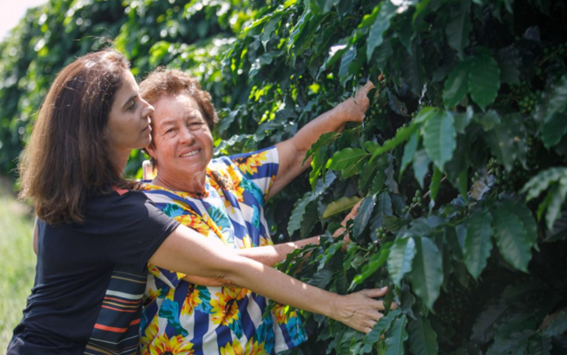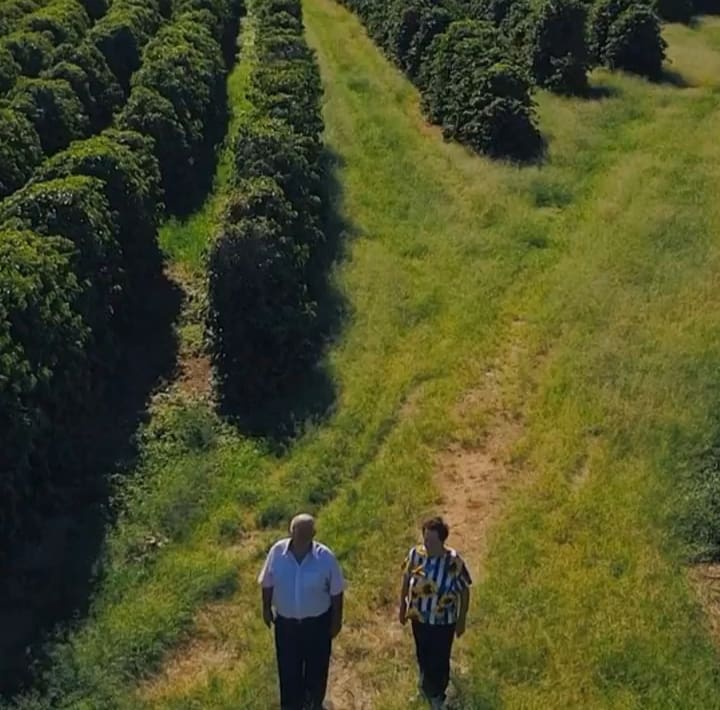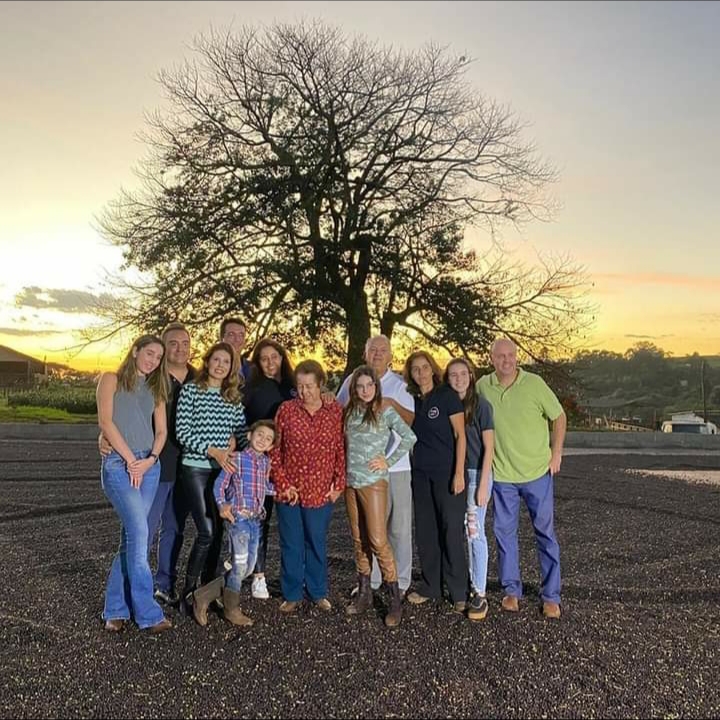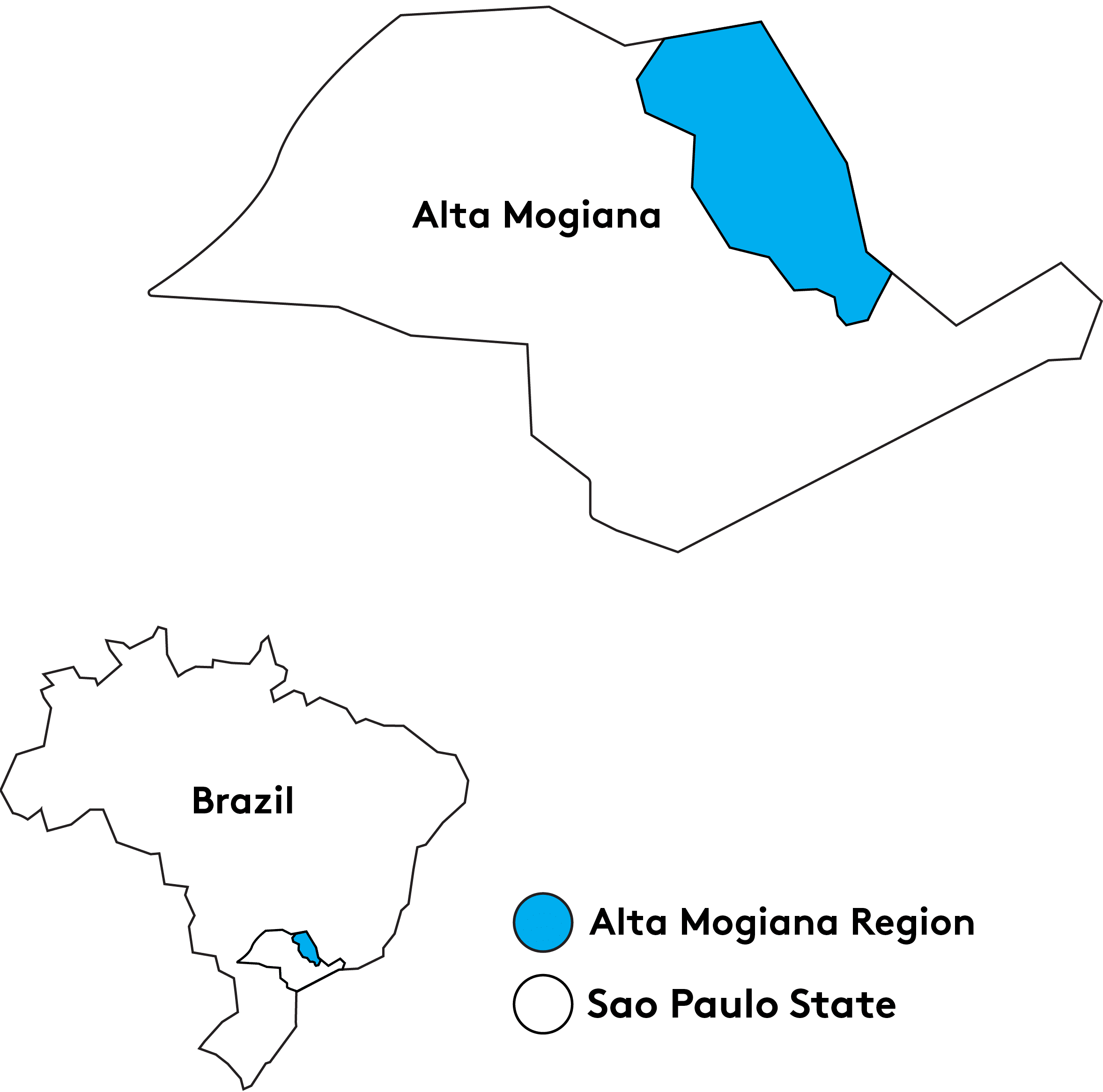Nove de Julho farm, named for the date on which it was registered, is operated by João Roberto Pestana de Castro in Altinópolis, São Paulo, Brazil. The family’s coffee culture was started by João Roberto’s mother, Dona, after she received the initial lands for the farm through an inheritance. Dona was a widowed woman and faced much adversity as a coffee producer. Her determination and confidence was able to fuel the next generation of her family to prosper, going on to grow the farm to its current 164 hectares with the acquisition of new properties.
With approximately 80 years of the family’s history connected to coffee production now, the greatest challenge that João Roberto and Nove de Julho farm face is aligning their long history with modern management models, greater technical knowledge, and growing digital technology.
This lot of Red Catuai coffee underwent Natural processing. Catuai was developed by the Instituto Agronomico (IAC) of Sao Paulo State in Campinas, Brazil by crossing Mundo Novo and Caturra varieties. Catuai coffees are cultivated widely across Brazil, and are known for their high productivity potential.



